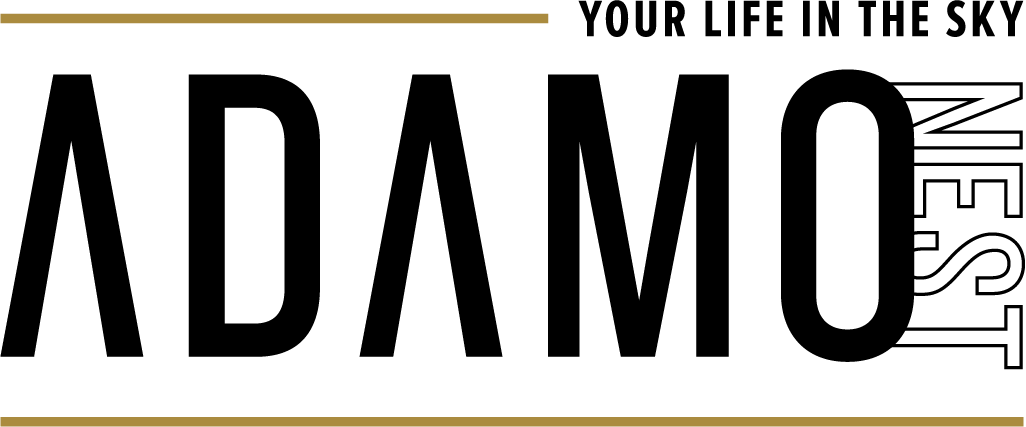
ERIN HENRY
Sales Representative, Royal LePage Real Estate Services Ltd. Brokerage
Erin Henry is an experienced Sales Representative providing comprehensive real estate services to home buyers and sellers with over 25 years of dedication and expertise! erinhenry.ca
As if purchasing amidst a pandemic wasn’t uncertain enough, the ongoing condo vs house debate weighs in. Many of us question which type of property is best suited especially in these unpredictable times. Here are some pros and cons for each. Hopefully it will add clarity to your purchasing dilemma.
The key is to assess your lifestyle, budget, priorities, and long-term goals and forge ahead.
— Erin Henry
Advantages of Purchasing a Condo:
- For investors, it is turnkey with low upkeep and high lease probability; especially in areas such as Toronto/GTA.
- The responsibilities are shared amongst all owners. A percentage of all monthly maintenance fees contribute to the Reserve Fund utilized for building emergencies and major repairs.
- Amenities such as a pool or gym are a major perk of owning a condo, with no immediate responsibility to maintain or keep up. Not to mention no yard/lawn care.
- Given the smaller size, utilities are considerably lower. In some cases, they are compound into the monthly maintenance fee. Great for monthly budgeting!
- The smaller size can also be beneficial in terms of renovations. Less square footage, less to improve.
- Condos are typically central in location. This allows for convenience of everyday living. For example, grocery stores, transit, and parks.
- In many scenarios, purchasing a condo is more affordable than a home, especially in today’s hot market.
- Finally, safety and security are generally paramount in any condo building.
Disadvantages of Purchasing a Condo:
- You may feel a lack of privacy. I.e. shared access to amenities, elevators, open balconies, and interior walls.
- For some the monthly maintenance fee doesn’t represent your individual usage. For example, infrequent use of a pool, sauna, BBQ area, or gym. Also, set utility costs if you travel frequently.
- Parking may or may not be available. This may prove a nuisance, not to mention can be of great importance to future purchasers. I.e. resale value.
- Condo living comes with rules and regulations, enforceable by the Condominium Corporation, which means less independence.
- Finally, condo living does limit your footprint. Little to no outdoor space.
Advantages of Purchasing a Single-Family Home:
- The sky is the limit in terms of size, location, and style.
- Many options for type of purchase: detached, semi-detached, attached/row, or townhouse.
- More privacy and freedom to renovate, build/add on, and customize to your needs.
- More green space and outdoor lifestyle living options.
- Equity typically grows at an accelerated pace, especially in the current market.
Disadvantages of Purchasing a Single-Family Home:
- First and foremost, entering into the single-family market can be tedious and extremely competitive with current interest rates and lack of supply.
- Although more land and more house equates to more owner freedom, it can also be more costly and labour intensive.
- Property taxes and utilities are significantly higher than a condo.
- Any amenities and operating repairs (for example pool, furnace, roof) are solely your expense.
- Finally, single-family homes are fewer in downtown cores (unless you’re paying a premium).
Ultimately, either purchase will suit ones need better than the other. The key is to assess your lifestyle, budget, priorities, and long-term goals and forge ahead. There is no improper decision if it works for you, and fortunately Toronto and the GTA can accommodate both!
*All information correct at time of publishing and should be verified by the Purchasers and Sellers




